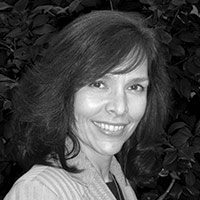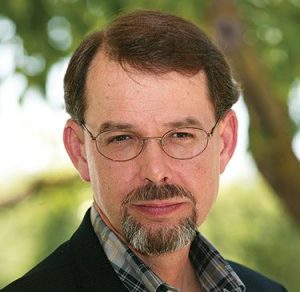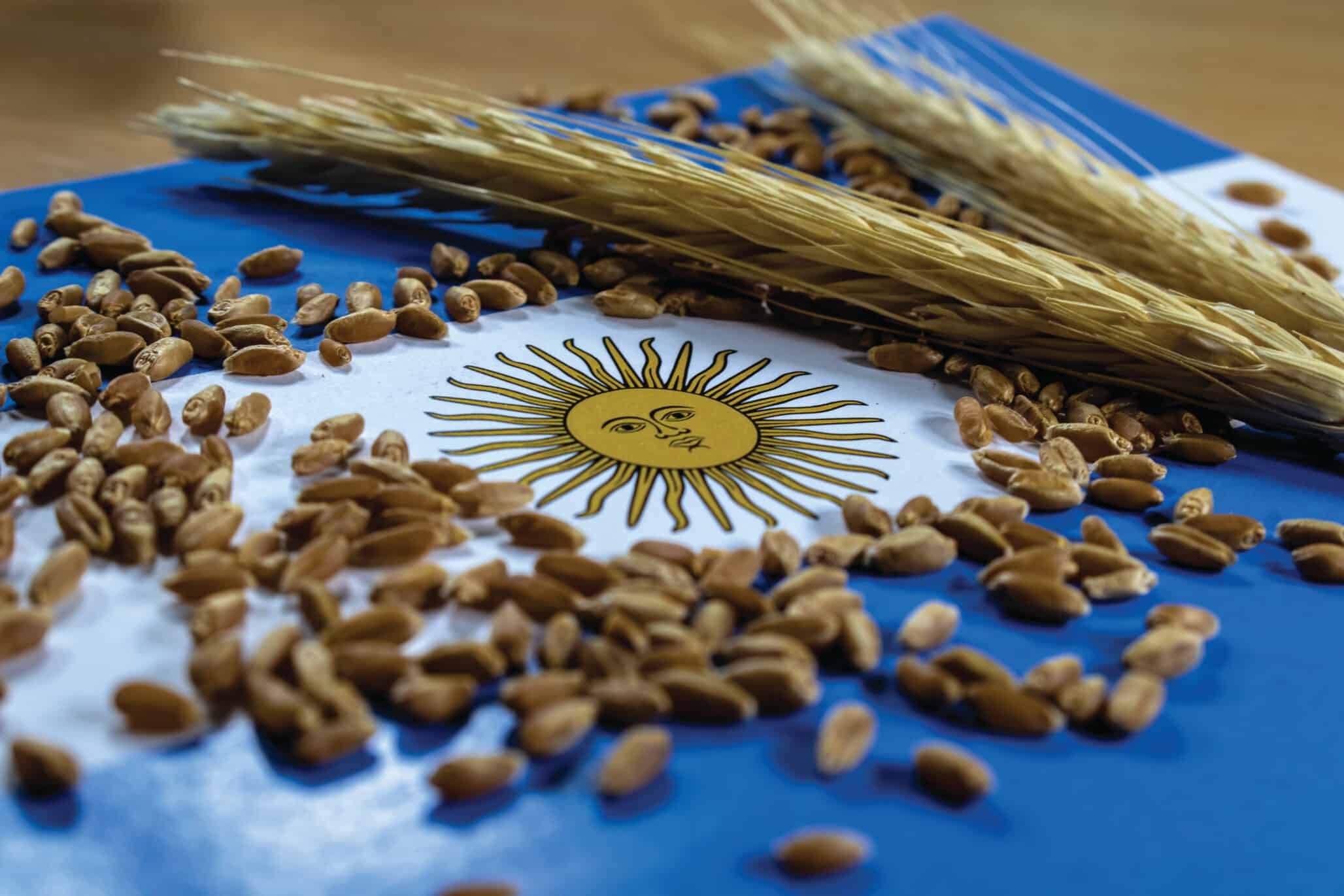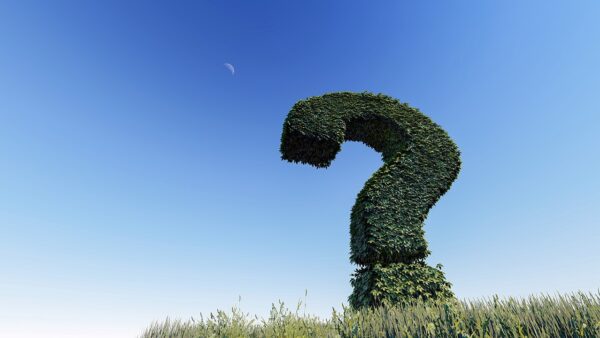
is a freelance writer and editor with extensive experience writing about different issues — including horticulture and agriculture — in both Canada and the United States.
Involved in nearly every aspect of the seed industry throughout his career, John Schoenecker is no stranger to change.
As Dorothy famously said to Toto in the 1939 classic, The Wizard of Oz, “We’re not in Kansas anymore,” the same thing could be said for John Schoenecker, a former Minnesotan who now calls California home.
As director of intellectual property for HM.CLAUSE, a global company specializing in the breeding, production and sales of vegetable seed in Davis, California — just outside of Sacramento and 75 miles from San Francisco — this northerner made the move to the Golden State right after graduating from the University of Minnesota in the late 1980s with a degree in horticulture and cell science.
“I had an advisor at that time who knew of a job opening at Harris Moran (now HM.CLAUSE),” he recalls. “That was in 1987 and I’ve been here ever since.”
During the past 28 years, Schoenecker has worked in many different capacities for HM.CLAUSE, which was formed in 2008 after Harris Moran and the French company Clause joined forces.
A business unit of Limagrain, an international cooperative agriculture group specializing in field seeds, vegetable seeds and cereal products, HM.CLAUSE has a team of 1,600 professionals in 30 countries all dedicated to sustainable solutions, intensive research and innovation. HM.CLAUSE has four research sites in the United States, in addition to others around the world in locales such as Europe, Asia and North Africa.
“When I started with the company, it was $40 million,” Schoenecker says. “Now it’s about $350 million. I’ve moved around quite a bit.
“I did sales for two or three years, and then product marketing and management for about nine years. From there I moved into legal and regulatory and did that for about eight or nine years. For the past five years or so, I’ve focused on intellectual property.”
Essentially a series of legal rules and regulations and legal standings, Schoenecker explains that intellectual property or IP is about formalizing one’s property and rights for such things as inventions — things of the mind.
“There are forms of IP such as plant breeders’ rights,” he says. “Or it could be utility patents, which can cover new varieties or new inventions from the laboratory and other inventive techniques. Then there are other sorts of IP like trade secrets which have certain parameters defined by law. People want to prevent their product and/or invention from being replicated for a period of time. With IP they have a chance to recapture their investment.”
Having worked in intellectual property in various capacities during the past 12 years or so, Schoenecker especially likes his current position because now IP is his single focus.
“I get to work with the breeders and talk about new inventions and it keeps me on my toes with all the new science coming down the pipe in plant breeding. It’s also a business that is constantly changing with new varieties that add value to the grower, offer more resistance, better yields and new market demands. People say computers and software have changed the world for the better, but I would argue that plant breeding has been doing this for nearly 10,000 years.”
 An Ever-Evolving Industry
An Ever-Evolving Industry
Since the late 1980s when he entered the industry, Schoenecker has certainly seen his share of changes.
“It’s really been dramatic. The business has become more international. We work with more global firms than we ever did. There’s also a lot more science and technology involved such as microbiology and cell biology. And although the traditional basis of plant breeding is still very much part of the business, now all associated things with the industry are part of our business.”
He says seed treatments are much more important today and there are other technologies, such as seed coatings that have been around for 15 or 20 years. “These will continue to offer benefits to our customers,” Schoenecker says. “There’s a lot more integrating of various tech-
nologies with seed products than ever before.”
He adds that it all comes down to what people want — consumers and growers. He cites baby carrots as one example of how the industry has evolved. Just a decade ago they were not nearly as popular as they are today.
“However, for the past five to seven years, carrot-growing programs have been focused on particular types that make a better baby carrot,” he says
Schoenecker adds that the industry has evolved from being very grower focused — still a critical part — to one that must also be focused on the marketplace. “It takes five to 10 years to make a new variety so we have to stay on our toes and really look out into the marketplace to see where things are going so we can meet future market demands,” he says.
Advice to Students
Schoenecker tells students that many opportunities exist if they choose to pursue this industry as a career.
“A job in agriculture seeds offers job security,” he says. “If you have a technical background, you can evolve into other aspects like intellectual property or legal and regulatory. Or, you can go the other way into marketing. You can learn the production side of the business and that whole milieu of agriculture. Just keep your mind open.”
In addition to being director of IP with HM.CLAUSE, Schoenecker is chair of the American Seed Trade Association, which he has belonged to for about a decade. Having served on various committees through the years, he finds ASTA extremely beneficial for his company and the industry overall.
“It’s given me a set of resources and experts that I can turn to,” he explains. “It’s a very member-driven organization. We can set direction. We updated our strategic plan during the past three years. It’s time well spent.”
Away from work, Schoenecker, who lives in San Francisco, loves to sail. “I have a couple of partners and we race a 30-foot sailboat around San Francisco Bay. We can sail year round.”
Yes, he’s definitely not in Kansas — or rather Minnesota — anymore.




 An Ever-Evolving Industry
An Ever-Evolving Industry








